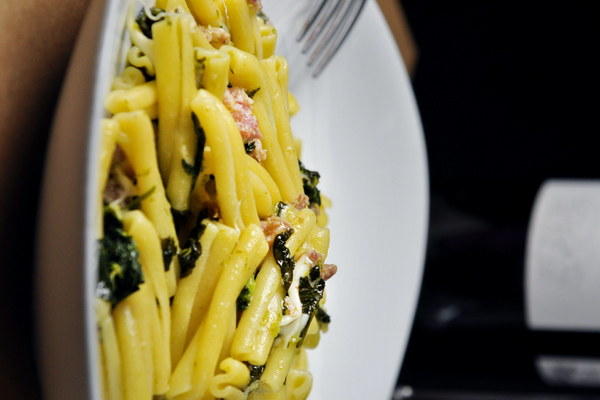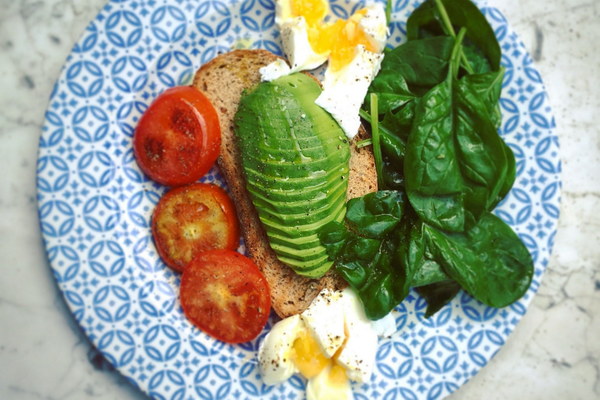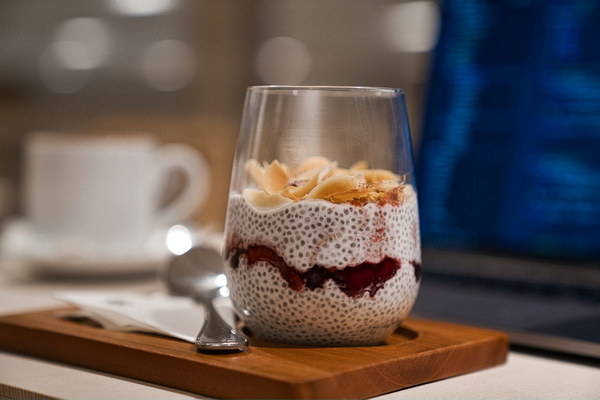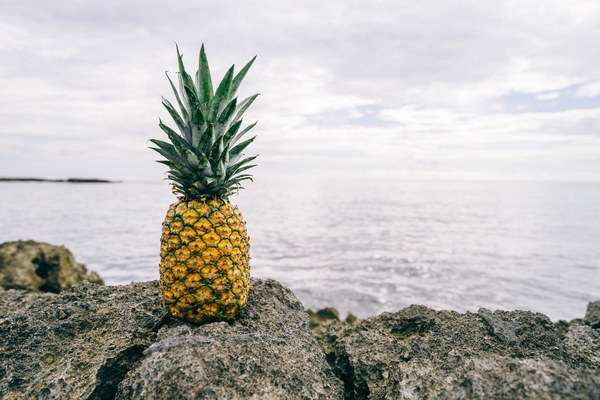Is Adding Pigeon to the Wetness-Relieving Soup a Good Idea
In the realm of traditional Chinese medicine, soups are a popular choice for boosting health and treating various ailments. One such soup is the Wetness-Relieving Soup, which is believed to help alleviate symptoms of dampness in the body. While many ingredients can be added to enhance its effectiveness, one common question arises: Is adding pigeon to the Wetness-Relieving Soup a good idea? In this article, we will delve into the benefits of pigeon in the context of this soup and whether it is a wise choice for those seeking relief from dampness.
Wetness-Relieving Soup, also known as Shi Hu Tang in Chinese, is a herbal decoction that aims to expel dampness from the body. It is often recommended for individuals suffering from conditions such as edema, fatigue, and mild dampness-related skin problems. The main ingredients in this soup include poria (fu ling), atractylodes (baizhu), and cinnamon (gui zhi), which work together to improve the body's water metabolism and promote the expulsion of dampness.
Pigeon, or yu in Chinese, is a popular ingredient in many traditional Chinese dishes and soups. It is considered a hot food in Chinese cuisine, meaning it can help boost the body's energy and vitality. In the context of the Wetness-Relieving Soup, adding pigeon might seem like a good idea for several reasons:
1. Nutritional benefits: Pigeon is rich in protein, vitamins, and minerals, making it an excellent addition to the soup. This can enhance the overall nutritional value of the dish and provide essential nutrients for those seeking to improve their health.
2. Energy-boosting properties: As mentioned earlier, pigeon is believed to have energy-boosting properties. For individuals with low energy levels or those recovering from illness, adding pigeon to the Wetness-Relieving Soup may help restore vitality.
3. Complementary properties: Pigeon is considered a hot food, which means it can help dispel cold and dampness from the body. This aligns with the purpose of the Wetness-Relieving Soup, making it a potentially beneficial addition.
However, there are some considerations to keep in mind before adding pigeon to the Wetness-Relieving Soup:
1. Individual tolerance: Some individuals may have an adverse reaction to pigeon, such as allergic reactions or digestive discomfort. It is essential to consult with a healthcare professional or a traditional Chinese medicine practitioner before incorporating pigeon into your diet.
2. Balance: While pigeon can be a beneficial addition to the Wetness-Relieving Soup, it is crucial to maintain balance in the recipe. Overloading the soup with pigeon or other ingredients may lead to an imbalance in the dish's properties, potentially negating its intended benefits.

3. Dampness-related conditions: For individuals with severe dampness-related conditions, such as damp-heat or damp-phlegm, adding pigeon may not be the best choice. In these cases, it is advisable to consult with a healthcare professional or a traditional Chinese medicine practitioner to tailor the recipe to your specific needs.
In conclusion, adding pigeon to the Wetness-Relieving Soup can be a good idea for many individuals, as it offers nutritional benefits and can help dispel dampness from the body. However, it is essential to consider individual tolerance, balance the recipe, and consult with a healthcare professional or a traditional Chinese medicine practitioner if you have specific concerns or conditions. By doing so, you can maximize the benefits of the Wetness-Relieving Soup while ensuring your health and well-being.









